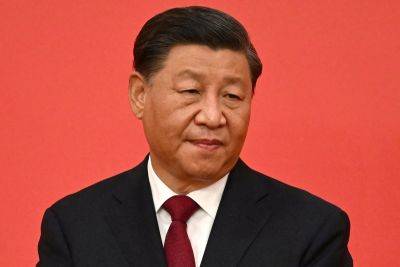G20’s inability to address agenda-wrecking territorial disputes will lead to its demise
On the surface level, this year’s G20 appeared to be a success. But beneath the PR spins and the friendly handshakes, the G20 is more fractious than ever.
And its inability to address agenda-wrecking disputes will ultimately lead to the bloc’s irrelevance and demise.
After all, the world is facing a slew of competing emergencies: the escalating climate crisis, various humanitarian disasters, the seemingly endless Ukraine-Russia war, and the continued economic fallout from COVID-19 – all which require the diplomatic clout of the G20 to mitigate.
But unfortunately, this year’s G20 in India’s capital looked more insipid than ever before, drastically lacking a transformative edge and even leaving the bloc on the edge of a diplomatic cold war.
And it’s not only because Russia’s invasion of Ukraine has created a clear fault line throughout the bloc, or because commitments on transformative climate action were found wanting, with no mention of the critical net-zero goal of phasing out oil and gas.
It is because the G20 is failing to address the cataclysmic geopolitical divides, specifically the mounting territorial disputes, that are ripping apart the fabric of international collaboration.
Already in the run-up to this year’s summit, China threatened to derail President Narendra Modi’s big international moment by releasing its 2023 standard map which showed parts of Russia and India, as well as the entirety of the South China Sea, as Chinese territory.
China’s expansionist tendencies are nothing new but targeting nuclear-armed India on the eve of its big G20 moment, which resulted in the glaring absence of Chinese Premier Xi Jinping, should be a red flag for the international community.
See, Modi may have claimed that “the G20 is not the place to resolve geopolitical issues.” But G20 members account for over 70% of global GDP, half of the world’s population, and comprise the top five biggest CO2 emitters.
If this group of countries, that come together every year, can’t resolve geopolitical issues and territorial disputes, then who can?
This is no more apparent than in the South China Sea where China’s hostile aggression is threatening regional stability and economic







